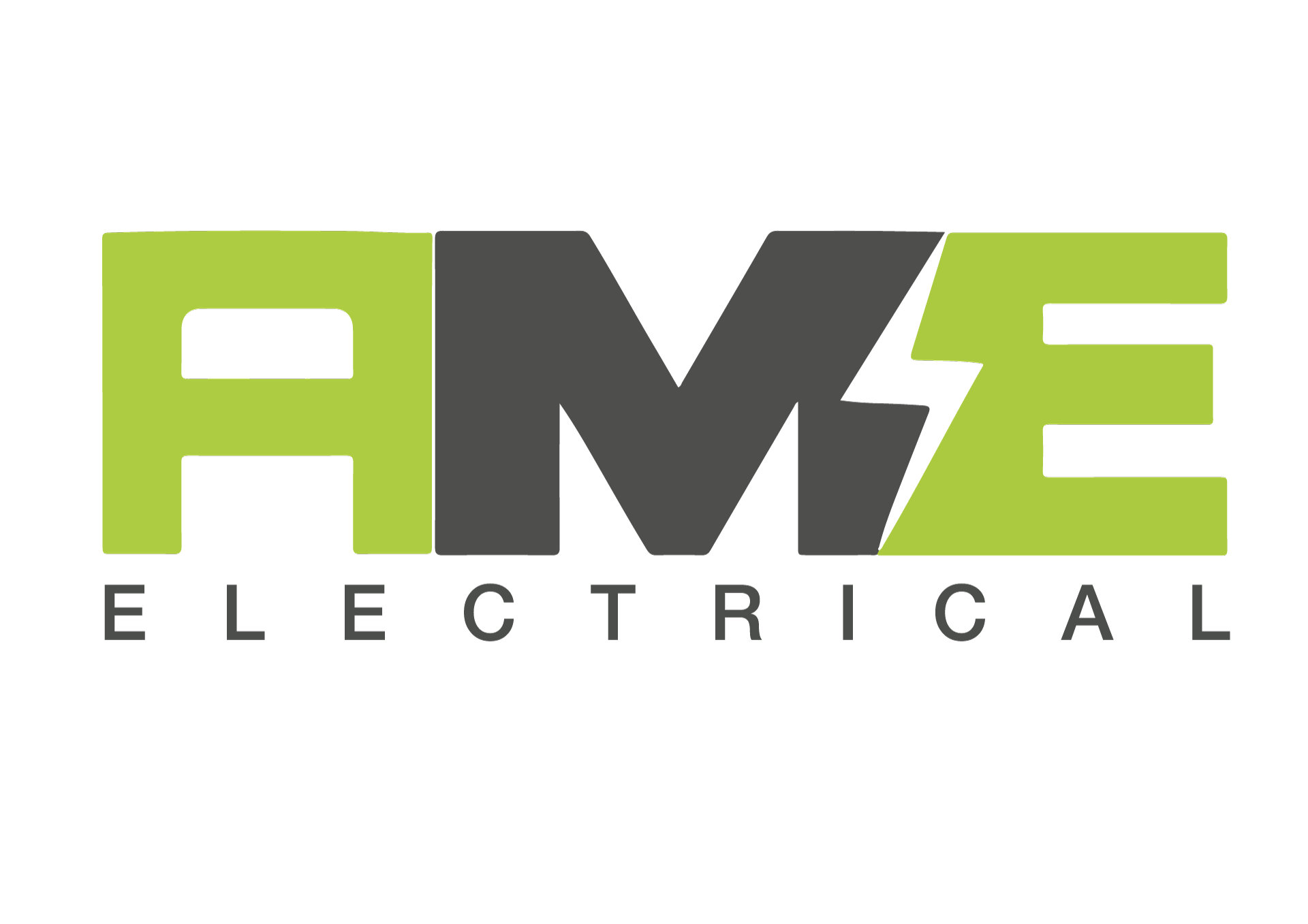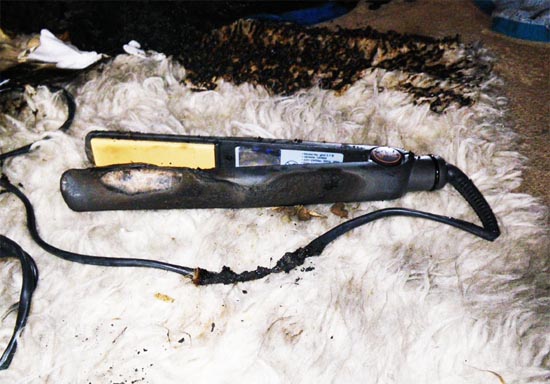It’s not only electrical faults that start fires, human error is often to blame. Whether it’s a badly wired plug or an iron left on – we all need to take more care.
Electricity is a major cause of accidental fires in UK homes – over 20,000 each year, while nine out of 10 (89%) electrical fires are caused by electrical products.
We use electricity every day but it can be dangerous. Treat it with respect and follow these simple do’s and don’ts:
How to avoid electrical fires:
-
Check the condition of your wiring. This should be done when you move into a new home and then once every 10 years. It’s the landlord’s responsibility if you rent your home. Ask to see a copy of the certificate or report confirming that the electrics meet the UK national standard BS 7671 (Requirements for Electrical Installations)
-
Check your sockets regularly. If you see burn marks or they feel hot, get a registered electrician to check them.
-
Turn off any electrical equipment you are not using. This especially important at night, when a fire can spread quickly while you sleep.
-
Regularly check flexible cables on your appliances. Look for signs of fraying, general wear and tear, or a loose plug on kettles on similar appliances. Do this before you plug anything in.
-
Be careful when using hand-held electrical equipment. Make sure you switch off and unplug this equipment when you have finished with it. This is important with items that get hot, such as hairdryers or curling tongs, as they may come into contact with materials that can catch fire (like curtains).
-
Check the current rating of your electrical adaptor. Before you plug appliances in, make sure that the total current used in the appliance does not exceed the adaptor’s rating.
-
Call the Fire Service immediately if you unexpectedly smell burning. They will have equipment such as thermal imaging cameras which will accurately detect objects that are overheating.
-
Don’t overload any adaptor or socket – especially with appliances that have a high electrical current such as kettles, irons or heaters. It’s safer to have extra sockets installed if needed.
-
Don’t put electric heaters near curtains or furniture – or dry clothes on them.
-
Don’t cover the air vents on storage heaters or fan heaters.
-
Don’t trail flexible cables under carpets or rugs.
-
Don’t exceed the wattage of the light fitting or lampshade with the bulb you use.
-
Don’t cover the air vents on storage heaters or fan heaters.
-
Don’t store combustible materials (clothes, papers, cleaning materials etc) close to your service head (cut-out fuse), electricity meter or fusebox.

